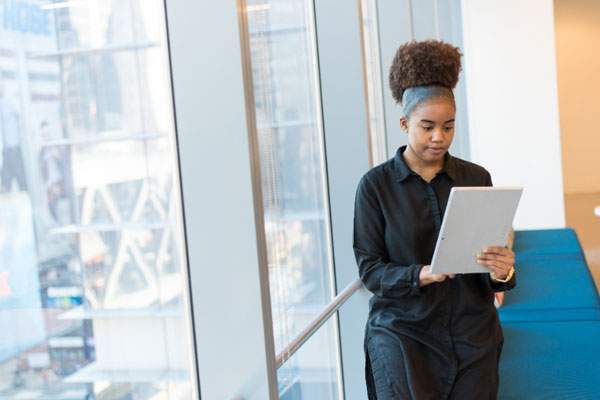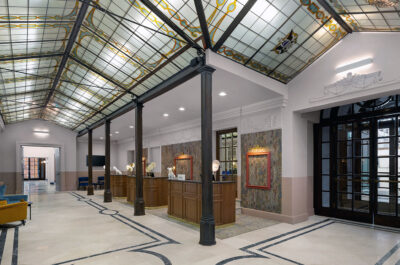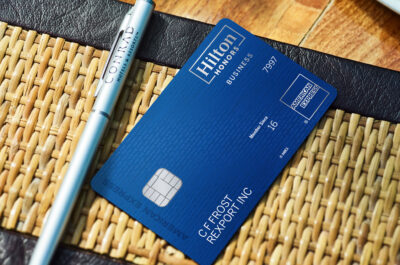The key to unlocking equality for women is to adopt a transformative approach to gender bias by creating deliberate, purposeful, and strategic actions that address deep-rooted issues and behaviours towards gender parity.
Africa is home to some of the world’s fastest growing economies and offers an exciting frontier for businesses looking to expand into new markets. Women have always been a driving force for societal change, advancing the quality of life and promoting development in all sectors; they therefore cannot be overlooked in Africa’s development agenda. Although there has been momentum in the advancement of gender equality and women empowerment initiatives on the continent; there is still a lot of work to be done. This is especially true for the hospitality industry where women represent the largest proportion of the global labour force. In Africa, the hospitality sector contributes almost 10% of the continent’s overall GDP and women make up 69% of its total workforce – according to the UN World Tourism Organisation. Through this large degree of representation, we can see that women are the lifeblood of the continent’s hospitality sector and are a critical factor in its success. The extent of growth opportunities available to these women, however, remains divided along gender lines.
In Africa, women hold 29% of senior management positions in the private transportation, logistics, and the tourism sectors, while only 17% occupy board positions. This means that women are less likely to reach management and executive positions, leading to lower wages and fewer opportunities for growth. A 2021 report by WiHTL surveyed 120 leading businesses in the hospitality, travel, and leisure industry; and the results showed that 76% of companies had all-male leadership in executive positions comprising of CEOs, CFOs, and Chairpersons. The industry therefore needs to advocate for urgent change, not only because it’s the right thing to do, but also because it makes business sense. A 2020 report by McKinsey found that the most diverse companies outperform less diverse peers on profitability, with companies in the top quarter for gender diversity on executive teams being 25% more likely to have above-average profitability.
The key to unlocking equality for women is to adopt a transformative approach to gender bias by creating deliberate, purposeful, and strategic actions that address deep-rooted issues and behaviours towards gender parity. There needs to be continuous education and dialogue, from executive to grassroot levels, on creating an enabling environment, tackling the gender pay gap, promoting gender parity across employment levels, encouraging tourism-focused education, and ensuring compliance with international labour standards. Businesses can also appoint diversity leads to ensure better representation of women across board. These processes must be driven by industry-proven mechanisms that rely on evidence-based hiring practices, promotion procedures, and compensation schemes. Most importantly, these initiatives need to be monitored and evaluated consistently to track progress and ensure accountability.
As the hospitality sector recovers from the COVID-19 pandemic, it is arguably the best time to rebuild stronger – with women at the forefront. In the Africa and Indian Ocean region, Hilton is playing its part to change the narrative. We recently revitalised our strategic approach to Diversity & Inclusion (D&I) in leadership positions with a focus on developing women across our hotels. This strategy continues to focus on growing a critical mass of female talent organically, by providing an enabling, safe, and supportive environment for women to transition into leadership roles. To assist the process, we continually embark on Leadership Development Programs and hold regular conferences and seminars to educate and mobilise women to take on senior positions across our global network. When the company started its D&I journey, it had no female General Managers running its hotels in Africa. We have come a long way since then and currently, about 25% of our General Managers are female, with almost 40% in other leadership positions. Great strides have also been made at the hotel Director level, which increased female representation from 33% in 2016 to 46% today.
According to the United Nations, empowering women to participate fully in economic life is essential to building strong economies; creating more stable and just societies; achieving internationally agreed goals for development, sustainability, and human rights; and improving the quality of life of women, and consequently, that of communities. The global tourism industry, for which women are the backbone, therefore plays a pivotal role in achieving the objectives of the 2030 Agenda for Sustainable Development, in particular the commitments to gender equality and empowerment. Female leaders are not just a tick-box requirement in the twenty-first century, but a necessity. It is important to unlock their potential through the provision of jobs and income-generating opportunities that help them to become fully engaged and lead in every aspect of society.
Hellen Lebone is Hilton’s Regional Human Resources Director, Africa & Indian Ocean.










































































































































































